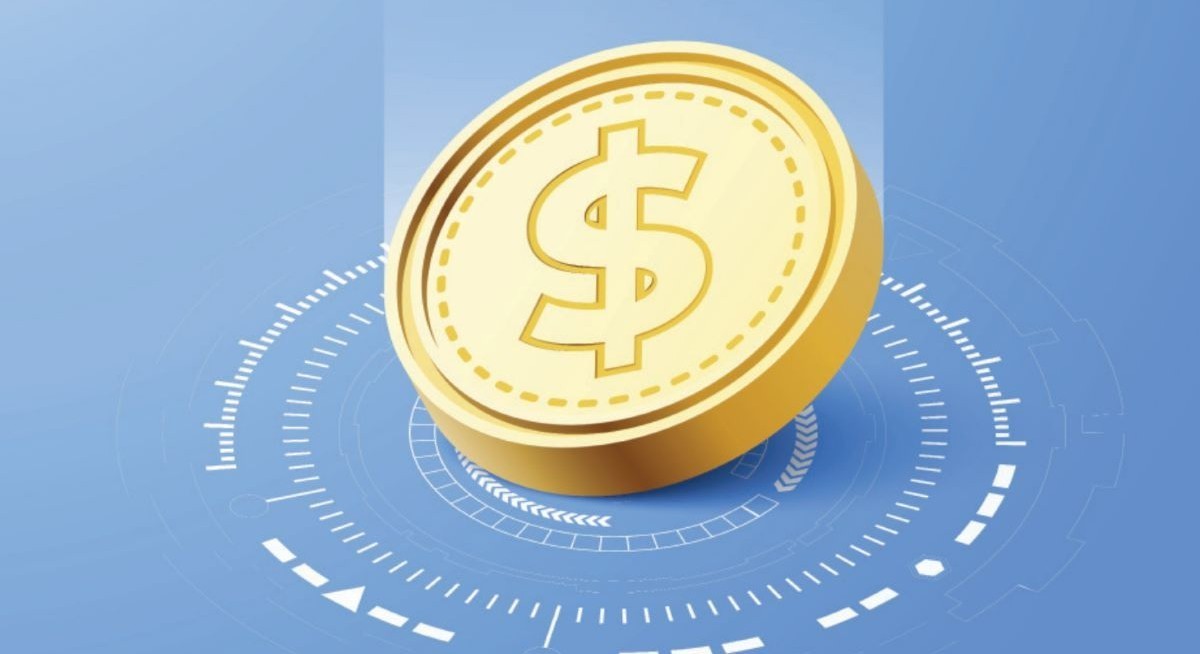In 2024, HSBC and Euroclear joined the GL1 initiative, expanding institutional participation alongside earlier participants such as JP Morgan and Citi. This milestone reflects Singapore’s leadership in advancing blockchain innovation and accelerating the exploration of real-world asset (RWA) tokenisation.
In 2025, the latest developments involve the International Capital Market Association (ICMA) leading the Project Guardian Fixed Income workstream to implement tokenisation in debt capital markets. The transition is clear — the shift toward leveraging public blockchains has progressed from experimental pilots to developing foundational infrastructure for real-world financial activities.
How public blockchains enable tokenisation
Public blockchains offer deeper liquidity, 24/7 settlement, and open access — key enablers for unlocking the full value of tokenised assets across institutional lending, trade finance, foreign exchange, and private equity. Originally built for peer-to-peer value exchange, public blockchains have matured to support sophisticated use cases like representing RWAs as tradable digital tokens. This evolution promises a more open, efficient, and global financial system including assets such as real estate, commodities, intellectual property, and stablecoins.
See also: Vibe, then verify: Unlocking AI value by solving the productivity paradox
Despite these advancements, institutional adoption has faced hurdles around regulatory compliance. Permissioned DeFi frameworks have emerged to address this challenge, blending Anti-Money Laundering (AML) compliance tools with blockchain-native features like onchain identity to provide institutional-grade compliance solutions.
With the right infrastructure, decentralised technology is no longer theoretical; it is becoming a practical pathway for institutions to modernise and enable global investment potential. And there is urgency: by 2033, tokenised financial assets could represent a US$19 trillion market opportunity.
Reshaping Singapore’s financial market with tokenisation
See also: Asia’s cloud is now a sovereign asset but we’re still securing it like a tech product
Tokenising RWAs and Treasury Bills enhances liquidity, accessibility, and yield opportunities, making Singapore a more attractive hub for asset managers and global investors alike.
Franklin Templeton, for example, recently received approval from the Monetary Authority of Singapore (MAS) for its tokenised Franklin OnChain US Dollar Short-Term Money Market Fund, becoming the first tokenised fund open to all Singapore investors with a minimum investment of US$20. This initiative enables fund managers to manage investments with greater flexibility, offering real-time access to investment vehicles and facilitating faster, more secure transactions compared to traditional systems.
Beyond investment management, tokenisation has the power to reshape Singapore's trade finance ecosystem by facilitating cross-border lending, and streamlining financing processes for SMEs and corporations. Digitising trade assets can reduce institutional costs, enhance market accessibility and improve liquidity. Under Project Guardian, Standard Chartered and the Monetary Authority of Singapore (MAS) collaborated in 2022 to tokenise US$500 million of trade finance-assets–laying the groundwork for new ways to bridge the estimated US$2.5 trillion global trade finance gap and strengthen supply chain resilience.
Singapore, as one of Asia’s largest FX markets, is poised to improve cross-border settlement efficiency through regulated stablecoins – a tokenised representation of fiat currency. In 2023, MAS approved the issuance of three regulated stablecoins, including those from Paxos and StraitsX, expanding Singapore’s tokenized ecosystems. By reducing intermediaries and enabling quicker, cost-effective settlements, stablecoins can improve the speed and transparency of FX transactions, solidifying Singapore’s edge in digital finance.
Enabling institutional adoption with technological innovations
As tokenisation gains traction, technologies that address compliance and security challenges are helping institutions adopt these networks more confidently. Public blockchains like the XRP Ledger now include features that can help financial institutions meet regulatory requirements more easily, such as tools for verifying counterparties, reversing fraudulent transactions, and managing secure digital identities. These advances are making transactions safer and better aligned with anti-money laundering and other financial regulations.
At the same time, technologies that improve blockchain interoperability are making it easier to move assets across networks, reducing market fragmentation and enabling cross-platform strategies.
To stay ahead of the latest tech trends, click here for DigitalEdge Section
Though still early, decentralised trading and lending protocols are beginning to show how institutions could eventually buy, sell, or borrow against tokenised real-world assets with less reliance on traditional intermediaries. Services like decentralised oracles from Band Protocol and DIA are also emerging to deliver timely, accurate pricing, helping investors value these assets more consistently and build confidence in tokenised markets. Ultimately, these innovations lay the technical foundation for Singapore’s financial institutions to move from pilots to full-scale implementation.
The combination of progressive regulation and institutional readiness creates a unique opportunity for Singapore to lead this transition. As tokenisation scales from controlled environments to mainstream adoption, it will unlock unprecedented liquidity, accessibility, and efficiency — turning promising experiments into tangible economic advantages that strengthen Singapore's position as Asia's premier financial hub. The question is no longer whether tokenisation will transform financial markets, but which institutions will lead this transformation and reap its greatest benefits.
Fiona Murray is the managing director for Asia Pacific at Ripple




